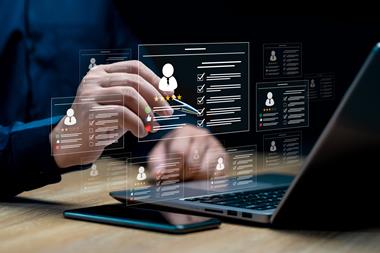The AA is calling for an inquiry into the disparity between pump prices in neighbouring areas and whether drivers in some small rural and coastal towns are being unfairly treated.
Following the Office of Fair Trading’s decision not to turn its ‘Call for information on the UK petrol and diesel sector’ into a full investigation early last year, the motoring organisation is calling on the Competition and Markets Authority, which takes over the OFT’s consumers and competition role in March, to look into the issue.
AA president Edmund King said: “Across whole towns, for months if not years, drivers and businesses have been charged 4p to 6p a litre more for petrol compared to what retailers charged for the same fuel in neighbouring towns.
“It was called ‘local price-matching’ and it was supposed to be consumer friendly. But, without retailers prepared to challenge the inflated status quo, it was a curse and led to complaints from local politicians and a near revolt in Newbury.
“Competition authorities need to consider a trigger whereby, if the majority of supermarkets and other retailers in a small town charge the same price which is 4p or more higher than in a neighbouring town, that is flagged up to the official watchdog who then asks retailers why this is happening. It is time for pump prices in small rural and coastal towns to be put to ‘reset’.”
The call came as the AA’s latest Fuel Price Report showed the petrol price gap between towns with competitive pricing and those without had closed from 5ppl to as low as 2ppl. King said this showed that there was no justification for the much higher prices that had previously been charged.
The report shows that the average price of unleaded petrol has fallen by 0.83ppl, from 130.46ppl in mid January to 129.63ppl now. Although it bottomed out at 129.30ppl on the first Sunday in February, current averages mark a return to petrol pump prices last seen in February 2011.
Average diesel prices have fallen further, down 1.22ppl from 138.24ppl a month ago to 137.02ppl in mid February. It dropped as low as 136.78ppl at the start of the month, a level last seen in July 2012.
The report said the increase in the value of sterling against the dollar had helped to reduce prices, but it added that the dramatic improvement in pump prices between neighbouring towns in many rural and coastal areas has also contributed to the general price fall.
It said that in November, the cheapest petrol in towns with uncompetitive fuel retailers cost as much as 6ppl more than in neighbouring towns – despite the presence of major supermarkets in both, but the gap had closed to 2ppl or 3ppl.
Across the UK, Northern Ireland remains the only area with petrol prices still averaging 130.0ppl. London (129.8ppl), which had jointly enjoyed the cheapest average prices last month, is now significantly behind Yorkshire and Humberside with 129.2ppl.
Scotland continues to suffer the highest average price for diesel at 137.6ppl while, unusually, the East Midlands is cheapest at 137.0ppl.
Flooding and extreme rainfall has made little impact on fuel prices across the South West, with the average petrol cost jointly fifth cheapest in the UK at 129.7ppl and diesel at 137.2ppl.

































No comments yet